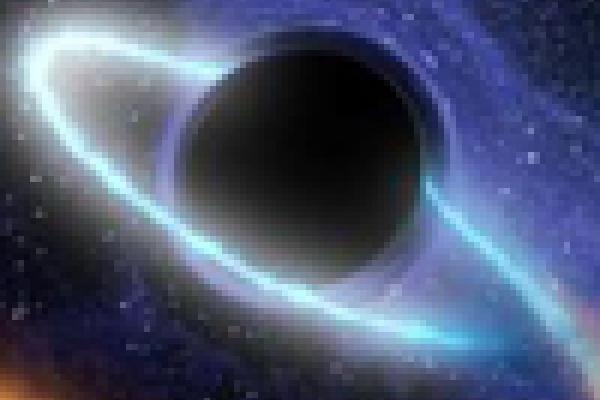Blog post

A matter of gravity
How to catch those elusive gravitational waves.
That geometry should be relevant to physics is no surprise — after all, space is the arena in which physics happens. What is surprising, though, is the extent to which the geometry of space actually determines physics and just how exotic the geometric structure of our Universe appears to be. Plus met up with mathematician Shing-Tung Yau to find out more.
String theory is a theory of everything in which everything's made of strings — but why strings? What do they do? Find out in our equation-free introduction for beginners.